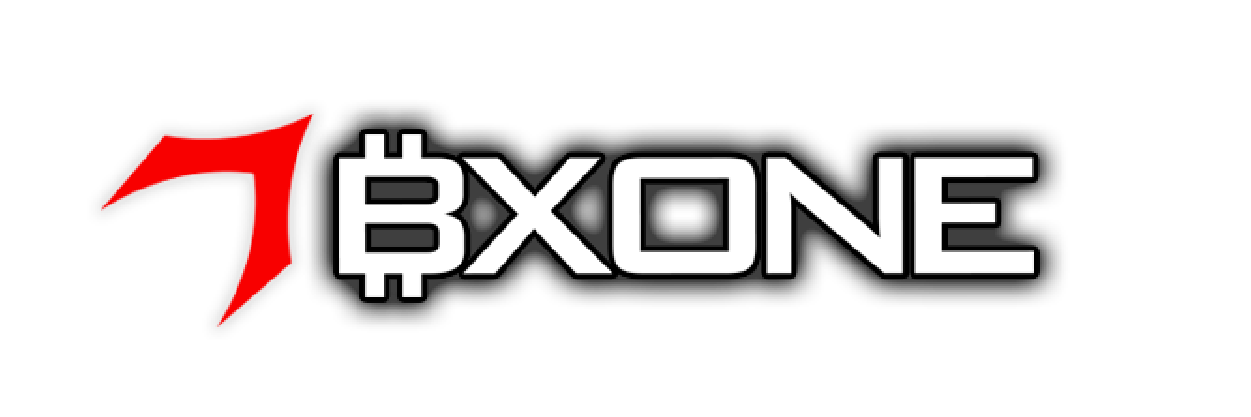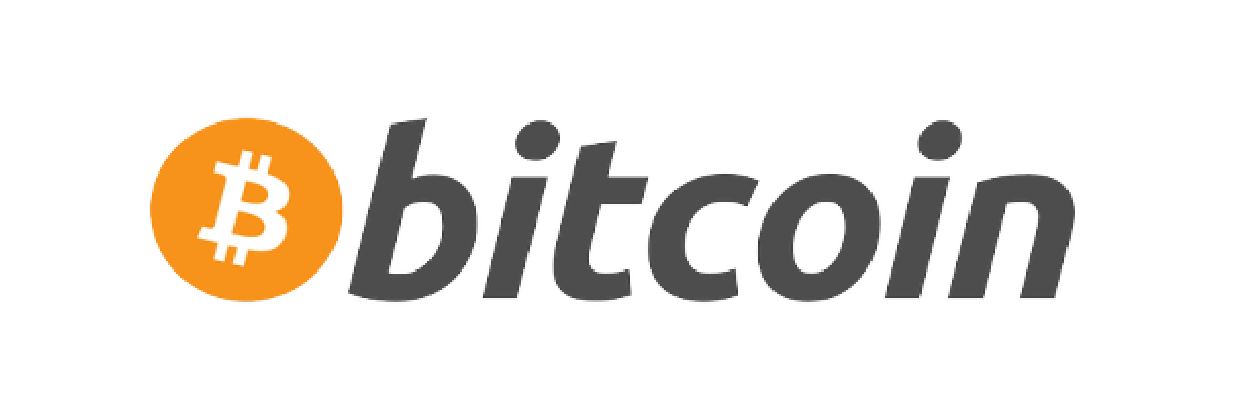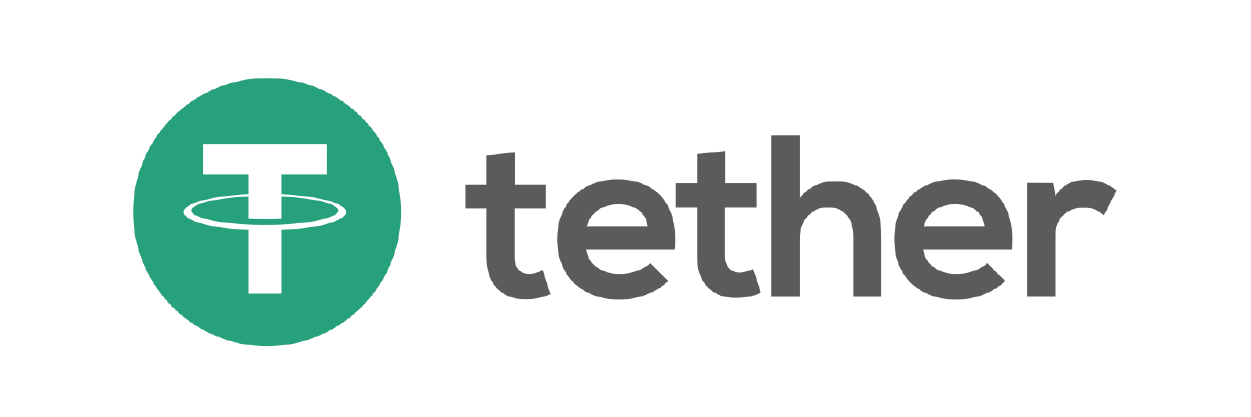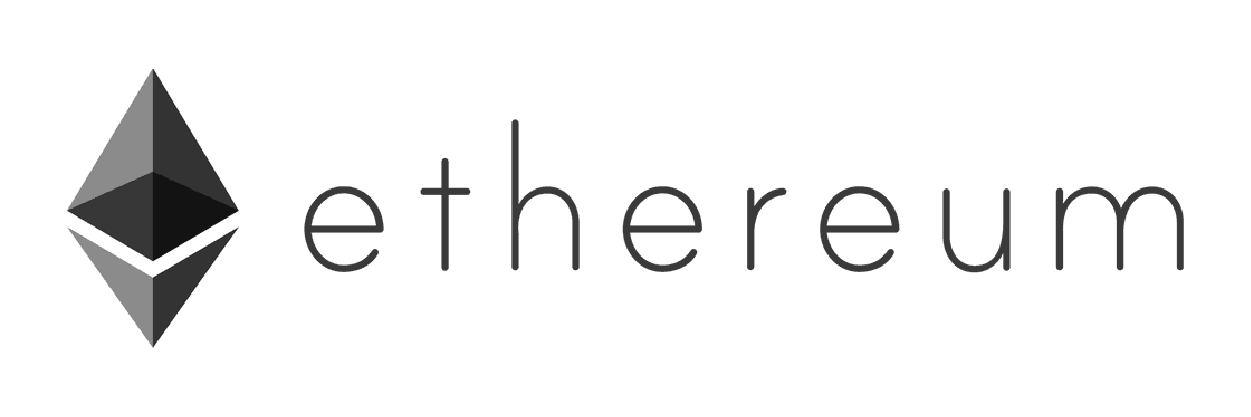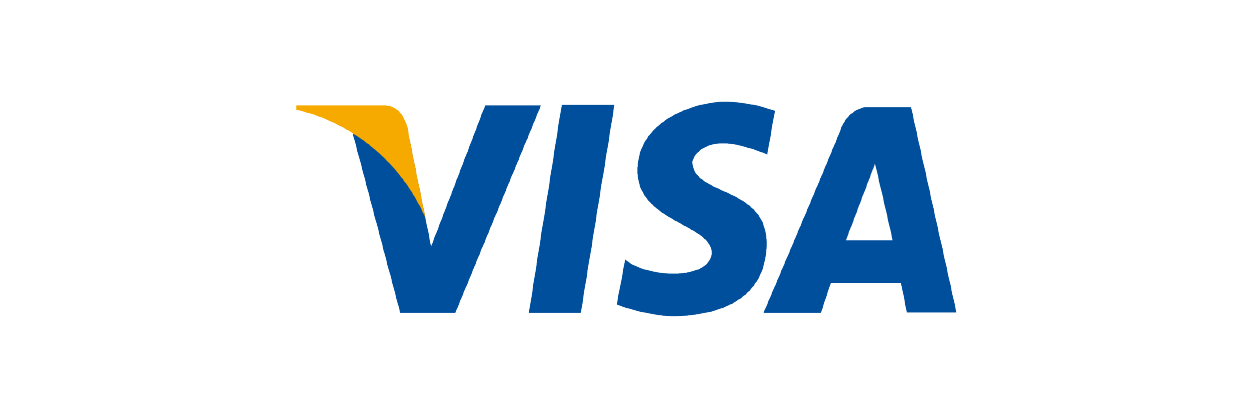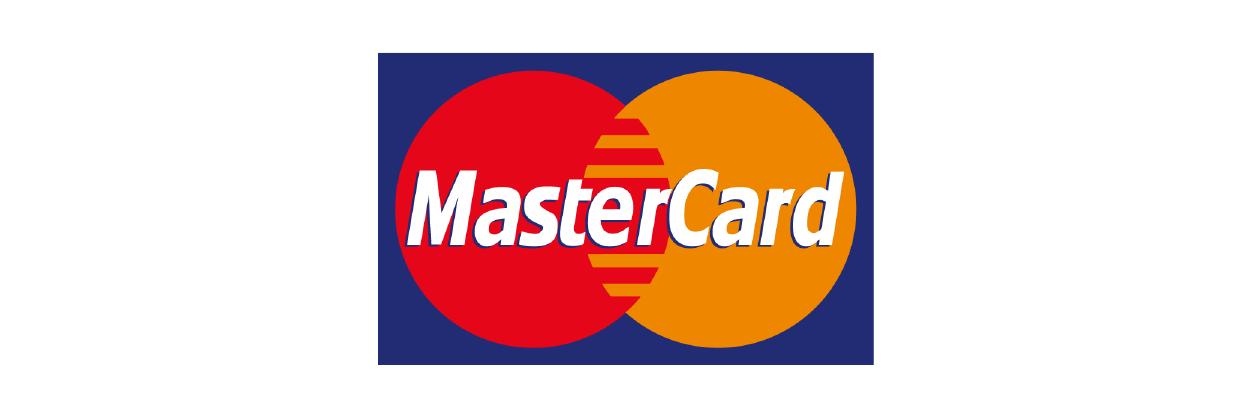Client Identification Procedures
We shall take reasonable steps to identify who our "client" is by obtaining sufficient evidence of their identity, including, where our contact is acting on behalf of another, the identity of both parties, and establish and verify the identity of the ultimate natural person, namely who owns or controls the customer or its assets, or on whose behalf the transaction is carried out. The followings are some operative examples of the sufficient evidence of their identity and our action plans we take Prior to open of any new trading account, we shall document the identity, residential detail, nature of business and investment purpose by collecting valid passport, driving license or other government issued documents, and utility bill or bank statement as address proof. We shall not accept cash deposit and pay out cash under any circumstances. We shall not accept funds if the name of the originating clients does not match the name of the client in our system. In case of withdrawal, money only can be withdrawn from the same account and the same method which it was received and where the name of the recipient is present, the name must strictly match the name of the client in our system. Third party withdrawal is strictly prohibited. Where an employee of MGK Global knows or suspects or has reasonable grounds for knowing or suspecting that a customer is engaged in or about to engage in money laundering or criminal activity, we reserve the right to refuse to process a transfer at any stage, then that employee must make a Suspicious Transaction Report to MGKs Money Laundering Reporting Officer in the prescribed format. Although it is hard to give definitive examples of suspicious transactions, the following transactions may be suspicious The trade has no commercial purpose. Funds are paid to MGK from an account and settlement instructionsare to pay to another account. The settlement instructions are changed at the last minute.



